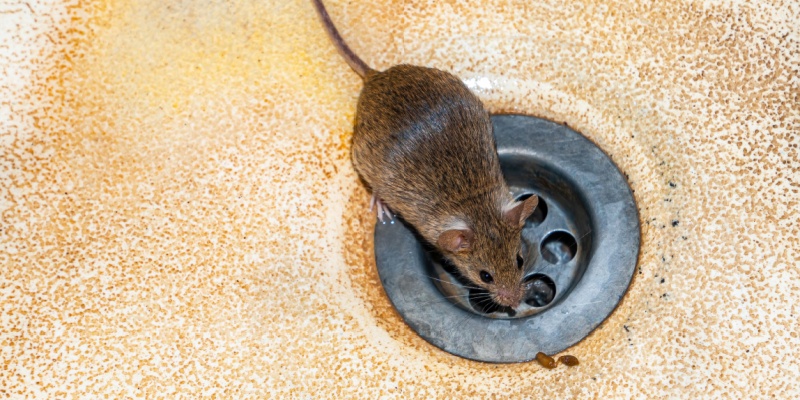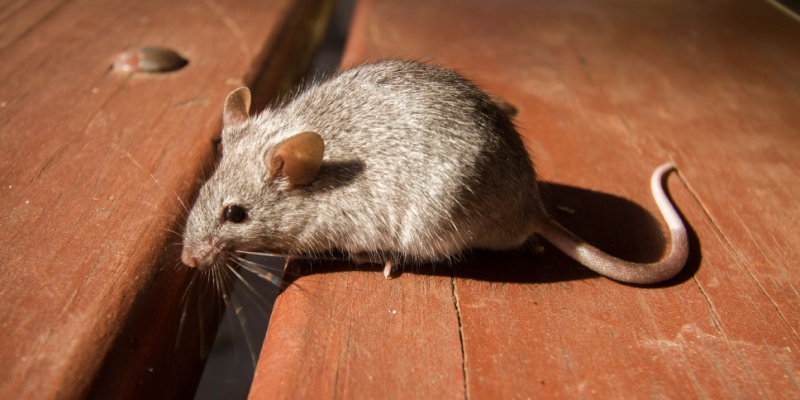Mice are sneaky and often go unnoticed until their numbers have grown significantly. Knowing the signs of a mouse infestation is crucial for taking action before the problem gets out of control. At Perfection Pest Control, we want to help you understand the warning signs of a mouse infestation so you can protect your home and family.
One of the first signs of a mouse infestation is droppings. Mouse droppings are small, dark, and resemble grains of rice. You may find them near food sources, in cupboards, along walls, or in areas where mice are active. The presence of droppings is a clear indication that mice are present in your home. Additionally, you may notice a musky odor, which is caused by the urine that mice use to mark their territory.
Another sign of a mouse infestation is gnaw marks. Mice have strong teeth that grow continuously, and they need to gnaw on materials to keep them in check. You may notice gnawed food packaging, baseboards, or even electrical wiring. Chewed wires can pose a significant fire hazard, so it’s essential to address this problem as soon as possible.
You might also hear noises in the walls, attic, or basement. Mice are most active at night, and you may hear scratching, rustling, or scampering sounds as they move around. If you hear these noises, it’s a good indication that mice are nesting within your home.
Nests are another telltale sign of a mouse infestation. Mice create nests out of soft materials like shredded paper, fabric, or insulation. They often build their nests in hidden areas such as inside walls, attics, or behind appliances. If you come across a nest, it’s a clear sign that mice are living in your home.
Tracks and rub marks can also indicate a mouse infestation. Mice tend to travel along the same paths, and you may notice greasy rub marks along walls or baseboards where they have traveled. You may also find small footprints or tail marks in dusty areas.
In addition to these physical signs, you may also notice behavioral changes in your pets. Cats and dogs may become unusually alert or start scratching at walls or cabinets if they detect the presence of mice. Pay attention to your pets’ behavior, as they can often sense an infestation before you do.
If you notice any of these signs, it’s essential to take action immediately. Mice reproduce quickly, and a small problem can become a significant infestation in a short amount of time. At Perfection Pest Control, we offer comprehensive mouse control services to help you eliminate the problem and prevent future infestations. Our team will conduct a thorough inspection of your home to determine the extent of the infestation and develop a customized plan to eliminate the mice and seal entry points.
Don’t wait until the problem gets worse. If you suspect a mouse infestation in your home, contact Perfection Pest Control today. Our team of experts is ready to help you take control of your home and protect your family from the dangers associated with mice. We use safe, effective methods to eliminate mice and ensure that your home remains rodent-free.
Mice are more than just a nuisance—they can cause serious damage to your home and pose health risks to your family. Don’t let a small problem turn into a major infestation. Call Perfection Pest Control today and let us help you protect your home from these unwelcome pests.


